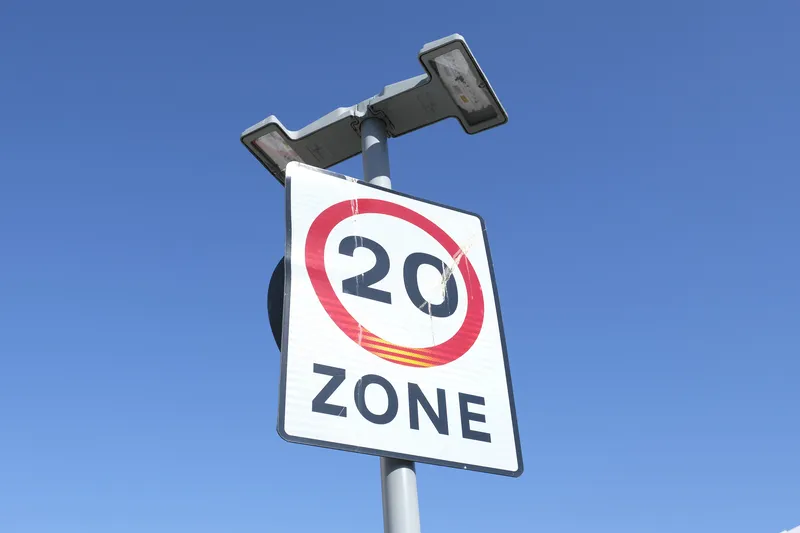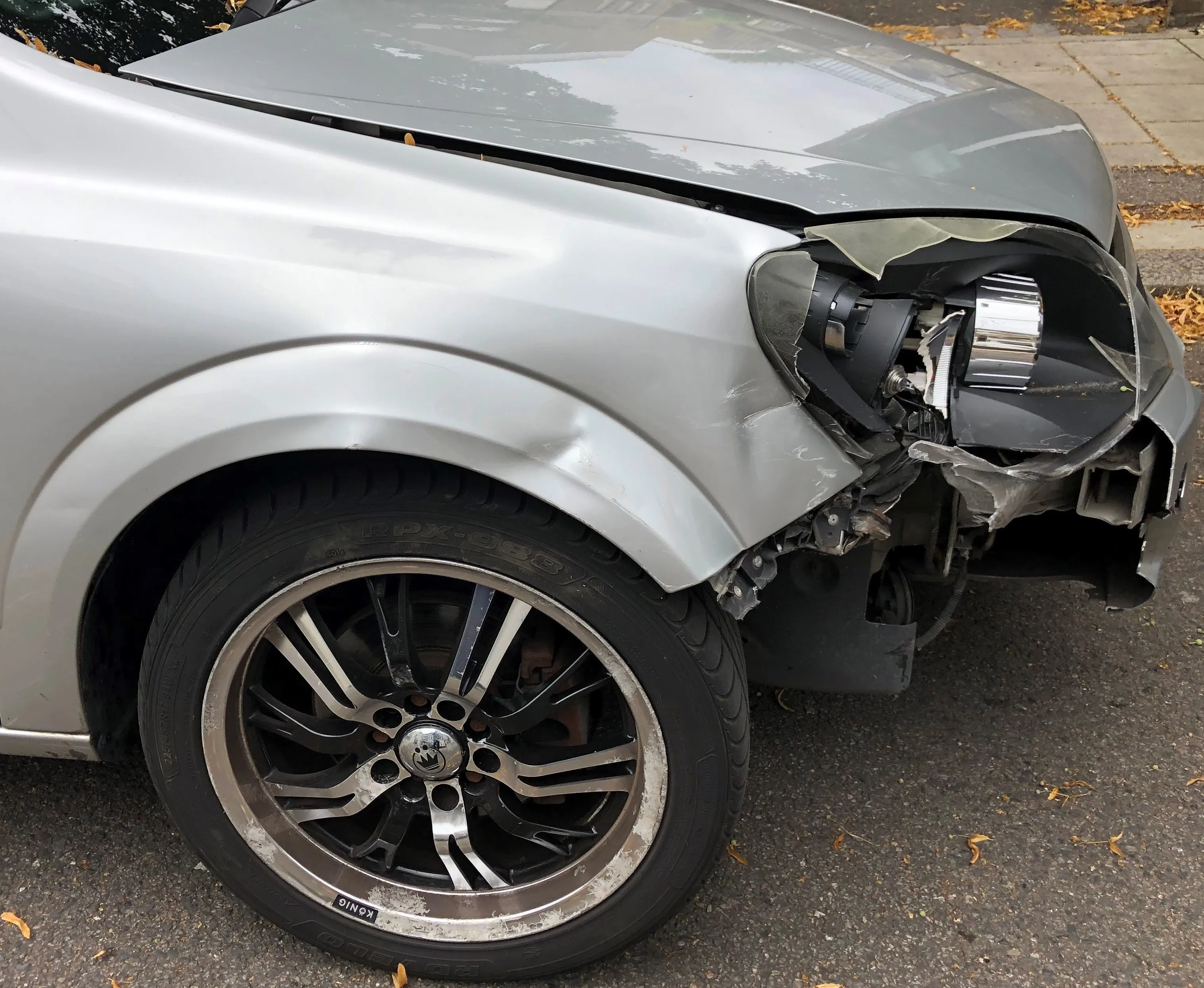
There has been a 26% drop in casualties on roads in Wales in the first quarter of 2024, after the default 20mph (30kmh) speed limit was introduced. The number of fatalities dropped by 55% while the number of serious casualties dropped 19%, according to the latest figures. Meanwhile, there has been a 27% drop in minor injuries.
However, the improved road safety data provides a strong case for the lower limits. In addition, data from London where speed limits have also been reduced back up the case that lower speed limits reduce casualties. The data from London also shows that urban journey times are relatively unchanged in most instances, despite the lower top speeds allowed. There are also suggestions that far from increasing pollution and fuel consumption, these are also being reduced due to the fact that vehicles accelerate less to reach cruising speed at the allowed limit.









